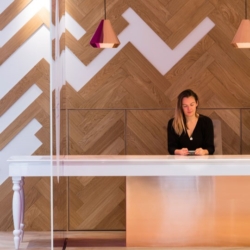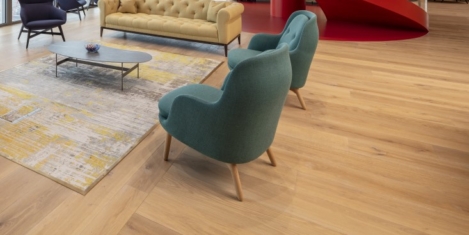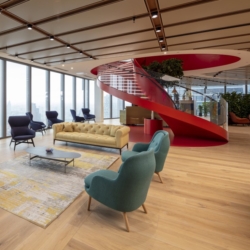June 27, 2024
Workspace Design Show triumphs again: get ready for two spectacular shows in London and Amsterdam
 Workspace Design Show continues to innovate, expanding its diverse portfolio of exhibitors for the London and Amsterdam 2025 shows, and will feature Umbrella Furniture (pictured) as the lead partner for the talks areas at the 2025 London edition, designed by Gensler and Ryder Architecture. Launched in 2021, Workspace Design Show is a firmly established highlight of the global workplace event calendar. Bringing together world-class design and manufacturing industry excellence, the 2025 editions, which take place in London (26 – 27 Feb) and Amsterdam (5 – 6 Nov), feature a stunning line-up of brands, including König + Neurath, Ahrend, Interface, Tarkett, Kettal, Bisley, and Interstuhl. (more…)
Workspace Design Show continues to innovate, expanding its diverse portfolio of exhibitors for the London and Amsterdam 2025 shows, and will feature Umbrella Furniture (pictured) as the lead partner for the talks areas at the 2025 London edition, designed by Gensler and Ryder Architecture. Launched in 2021, Workspace Design Show is a firmly established highlight of the global workplace event calendar. Bringing together world-class design and manufacturing industry excellence, the 2025 editions, which take place in London (26 – 27 Feb) and Amsterdam (5 – 6 Nov), feature a stunning line-up of brands, including König + Neurath, Ahrend, Interface, Tarkett, Kettal, Bisley, and Interstuhl. (more…)





































July 11, 2024
How AI will transform the way we design and manage the places we work
by Nell Watson • AI, Comment, Facilities management, Workplace design